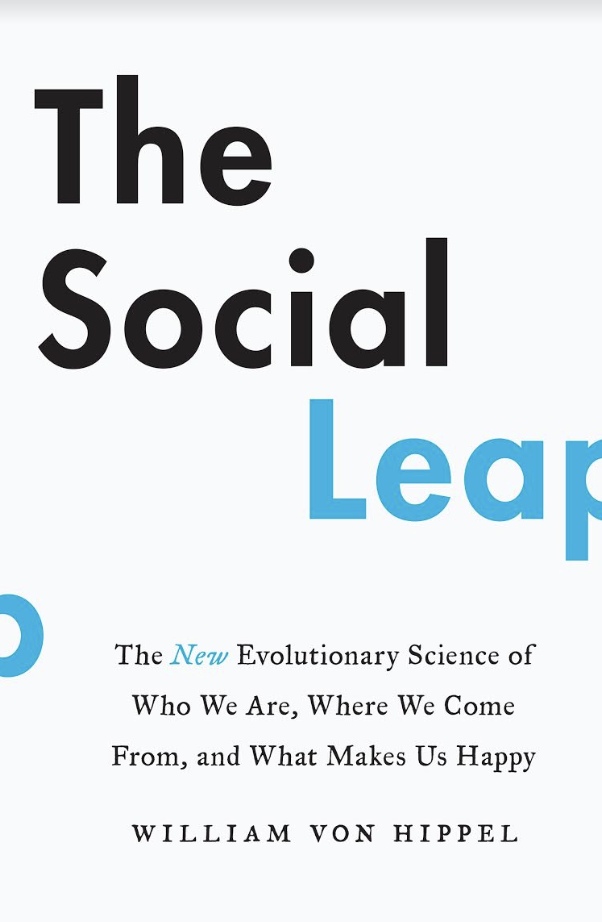I’ve often wondered what it would be like to win the lottery and suddenly have more money than I could ever spend. I won’t win because I don’t play, but of course most people’s lottery dreams never come true. This is not such a bad thing. As hard as it is to believe, lottery winners are usually no happier than they were before they won. I don’t mean the day after they win—that’s a pretty good day—but a year or two later most people have adapted to their new normal. They may be driving a nicer car, but their mind is focused on the fact that they’re still sitting in traffic.
All of us have dreams, but the sad truth is that even when our dreams come true, we rarely end up happier than we were before. Along with wealth, universal adoration and fame are some of the most common dreams of people all over the world, but you need only reflect on the turbulent lives and repeated divorces of celebrities to realize how much happier you are being unknown. New successes bring new challenges. The German folk saying Anticipated joy is the greatest joy is much more accurate than Disney’s “happily ever after.”
Why did evolution play this dirty trick on us, giving us dreams that will provide lifelong happiness but then failing to deliver the emotional goods when we achieve our goals? The brutal answer to this question is that evolution doesn’t care if we’re happy, so long as we’re reproductively successful. Happiness is a tool that evolution uses to incentivize us to do what’s in our genes’ best interest. If we were capable of experiencing lasting happiness, evolution would lose one of its best tools.
By way of example, consider two hypothetical ancestors, Thag and Crag. Both of them are sitting in a cave during the Pleistocene, eating lizard tails and dreaming of killing a mastodon. It’s a pretty big ask to slog across the freezing glacier only to face such a dangerous animal, but in our hypothetical scenario, both of them live the dream and single-handedly kill the beast. As expected, both are incredibly happy and the toast of their respective clans.
Imagine what would happen if Thag stayed incredibly happy while Crag soon dropped back to baseline. Thag no longer feels the need to go out and kill anything, as he is content to relax in the cave and relive the exploits of his hunt. Crag, on the other hand, is motivationally hungry again, with a need to achieve. His continued ambition will get him off his duff and back out on the ice. This will result in further successes, which will attract a mate and the respect of his clan.
But our happy hippie Thag will soon be of little interest to the group by virtue of his lack of productivity. No one will want to hear his story about the mastodon anymore, and people will start asking the age-old question, “What have you done for me lately?” He won’t particularly care—he is, after all, permanently happy—but he’ll suffer the social and reproductive consequences regardless, and there will be fewer baby Thags in the next generation. As is evident in this epic tale of Thag and Crag, our inability to attain lasting happiness pushed our ancestors to achieve further goals, which meant that they left more offspring in the next generation.
We see a similar pattern today when we examine the effects of happiness on career success. Really happy people are rarely high achievers because they simply don’t need to be. As Ted Turner put it, “You’ll hardly ever find a super-achiever anywhere who isn’t motivated at least partially by a sense of insecurity.” The data agree with Ted; moderately happy people go on to earn more money later in life than either sad or very happy folks.
Some joy is good for success, as it draws people to you and makes you more compelling, but too much happiness is a financial disaster. This is why evolution designed us to be reasonably happy with occasional moments of giddiness that soon fade as we return to our baseline happiness. The key point here is that happiness is not an end in and of itself. Evolution often sacrifices our happiness in the service of other goals; those who cannot feel pain and despair are severely constrained in their ability to learn to avoid bad people, situations, and ideas. Indeed, negative emotions are just as important as positive ones (perhaps even more so), as the costs of plans gone awry can far outweigh the benefits of success. Numerous self-help professionals would have you believe that attaining maximal or permanent happiness should be your goal, but an evolutionary perspective clarifies that such a goal is neither achievable nor desirable.

From the book The Social Leap: the New Evolutionary Science of Who We Are, Where We Come From, and What Makes Us Happy by William von Hippel. Copyright © 2018 by William von Hippel. Published on November 13, 2018 by Harper Wave, an imprint of HarperCollins Publishers. Reprinted by permission.
Follow us on Facebook for all the latest news on how you can keep Thriving.
More from Thrive Global:
8 Things You Should Do After 8 P.M. If You Want to Be Happy and Successful
The One Relationship You’re Probably Ignoring
The One Word That Can Hurt Your Reputation at Work

